Every Cancer, from the Common to the Rare
Shock. Fear. Uncertainty. Isolation. These are just a few of the many emotions that patients may feel upon receiving any cancer diagnosis, let alone an ultra-rare form of the disease. Katie Coleman is no stranger to this experience or any of the feelings attached to it.
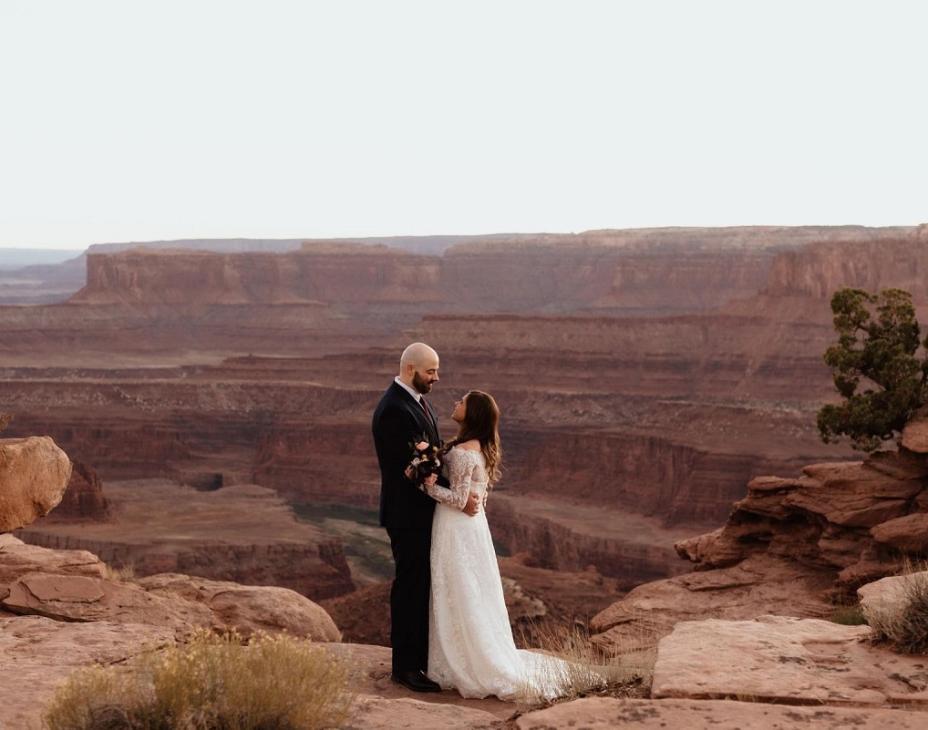
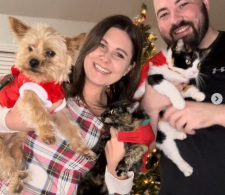
When Answers Don't Exist
Being diagnosed with any kind of cancer is difficult enough. But what happens when you’re diagnosed with a type of cancer so rare that the number of recorded cases can be counted on two hands? And what if your doctor tells you the disease has spread to other parts of your body? Katie Coleman knows the answer firsthand.
At 29—and just two months after her wedding—Katie discovered she had a tumor known as an oncocytoma. Though usually benign, Katie’s proved to be metastatic, making her one of only 10 known cases in the world. Because of the rarity of her diagnosis, it’s received very little attention in cancer research. But Katie refused to let that stop her from learning everything she could so that she could play an active and decisive role in her own care.
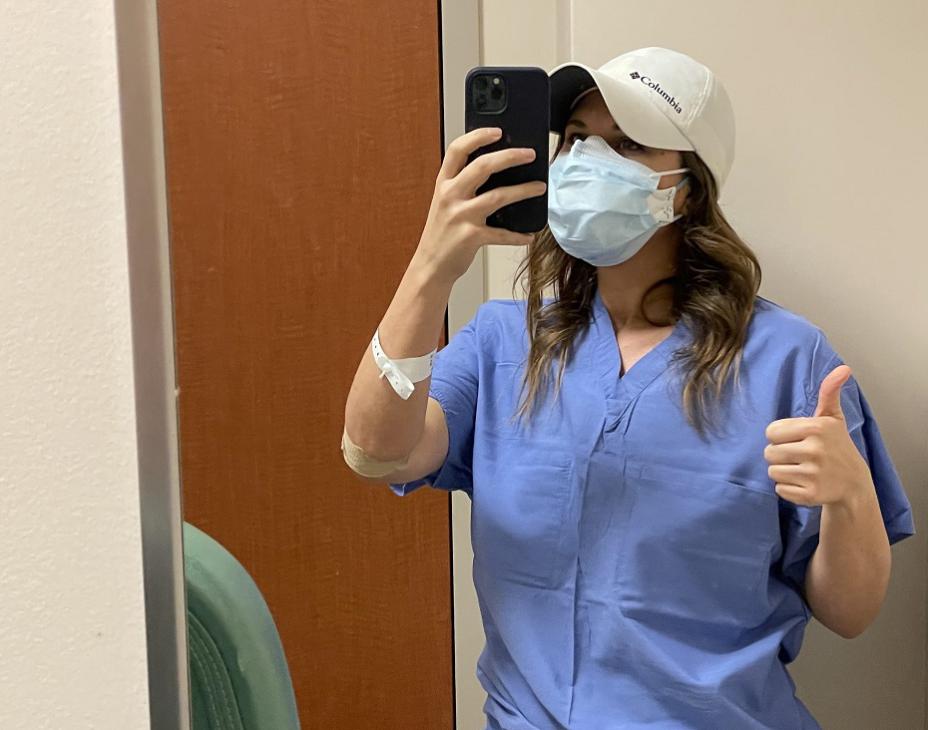
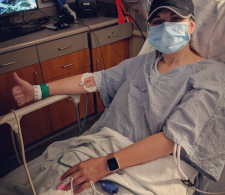
Patient. Survivor. Advocate.
With so little available information about her diagnosis, Katie had to quickly learn the most effective ways to gather knowledge about this rare disease while also learning to navigate the complexities of cancer care. With enough persistence, Katie found Dr. Pavlos Msaouel, a three-time Conquer Cancer grant and award recipient whose experience researching rare kidney cancers gave him unique insight into her condition and the options for treating it.
Together with the rest of her care team, they took a collaborative approach to her care. Today, Katie is a survivor and an active advocate who’s committed to helping patients navigate the numerous stressors that come with cancer diagnosis and treatment.
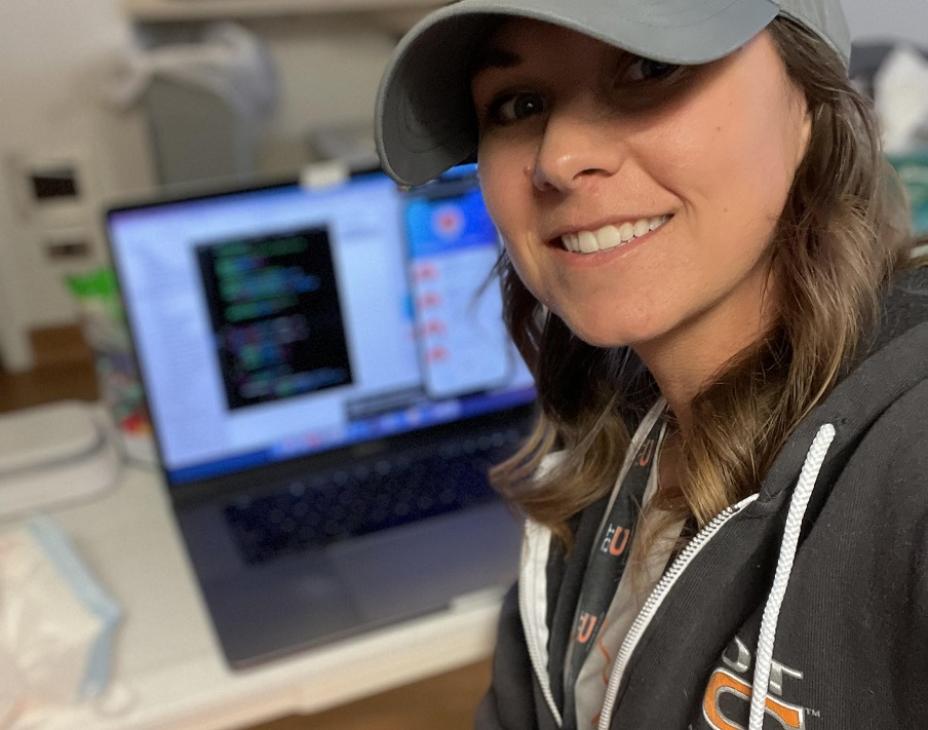
Katie's Podcast: A Collaborative Approach to an Uncommon Cancer
In this episode of Your Stories, Katie speaks with podcast host and fellow survivor Brenda Brody about her journey from diagnosis to survivorship, including how she found support and guidance. She also discusses what the search for rare disease information taught her and the importance of supporting cancer research for every type of cancer.
Your donation supports the brightest minds in cancer research working on treatments and cures for every cancer, every patient, everywhere.